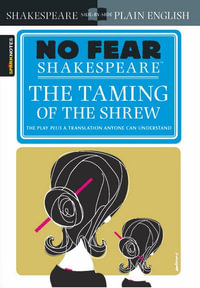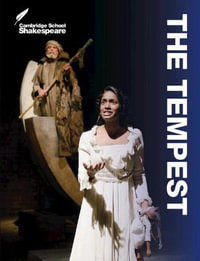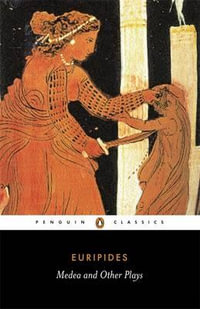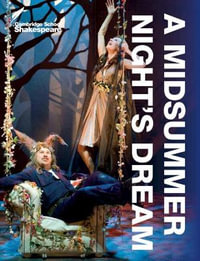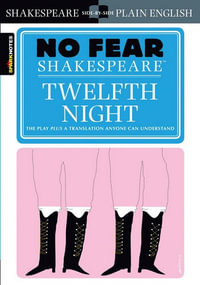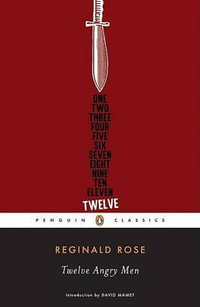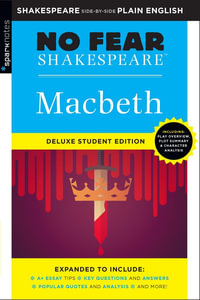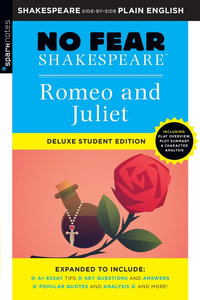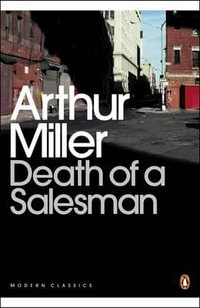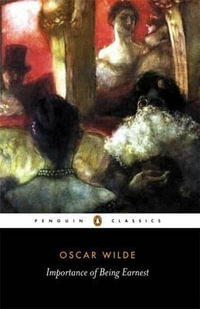
At a Glance
Paperback
$17.99
Aims to ship in 5 to 10 business days
When will this arrive by?
Enter delivery postcode to estimate
ISBN: 9780140449785
ISBN-10: 0140449787
Series: Penguin Classics
Published: 1st June 2008
Format: Paperback
Language: English
Number of Pages: 368
Audience: General Adult
For Ages: 18+ years old
Publisher: Penguin UK
Country of Publication: GB
Edition Number: 1
Dimensions (cm): 2.4 x 12.9 x 19.6
Weight (kg): 0.27
Shipping
| Standard Shipping | Express Shipping | |
|---|---|---|
| Metro postcodes: | $9.99 | $14.95 |
| Regional postcodes: | $9.99 | $14.95 |
| Rural postcodes: | $9.99 | $14.95 |
How to return your order
At Booktopia, we offer hassle-free returns in accordance with our returns policy. If you wish to return an item, please get in touch with Booktopia Customer Care.
Additional postage charges may be applicable.
Defective items
If there is a problem with any of the items received for your order then the Booktopia Customer Care team is ready to assist you.
For more info please visit our Help Centre.





